Die sieben Geheimnisse der NVA (2018)
Género : Documental
Tiempo de ejecución : 0M
Director : Matthias Hoferichter
Sinopsis

Año 1989, el muro de Berlín está a punto de caer. Un agente del MI6 encubierto aparece muerto y la espía Lorraine Broughton (Charlize Theron) debe encontrar por todos los medios una lista que el agente estaba intentando hacer llegar a Occidente, y en la que figuran los nombres de todos los agentes encubiertos que trabajan en Berlín oriental. Lorraine no se detendrá ante nada para conseguir dar con esa lista, enfrentándose a varios asesinos y sumergiéndose en un mundo en el que nadie parece ser quien dice ser.
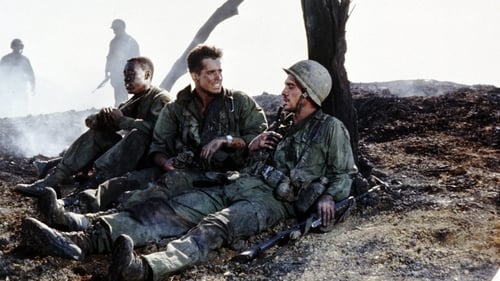
Una división de soldados norteamericanos, muchos de ellos novatos, es transportada a un punto estratégico, desde donce partirán para tomar una colina, en manos del Vietcom. En esas fechas Vietnam era un infierno para unos, y para otros la capital mundial de la diversión. La misión de la compañía Bravo, que en un principio parecía un mero trámite, se convierte en una masacre de la que el ejército estadounidense no sabe cómo salir.

Heiko, 51, a sheet metal former trained in GDR times, unemployed since the fall of the wall, pisses on his bed and on the carpet. The film encounters Heiko's dysfunctional family history and his decision to be alone forever. Piss and GDR, a reflection of how deep the consequences of the fall of the Wall are still in the bodies of some people to this day.
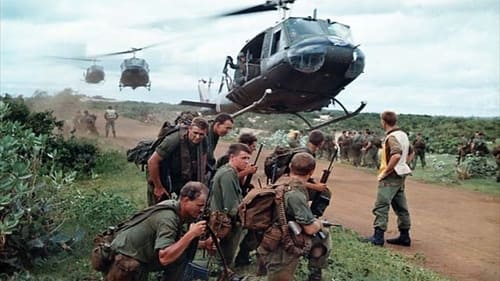
Aclamado documental sobre los efectos de la Guerra del Vietnam en dicho país. Ganador del Oscar al mejor documental en 1975.

18-year old Georg and 13-year old Barbara have been playing together as children. Play becomes love later, which leads to a catastrophe , as their parents are hostile leading to file a report to the court, as Barbara is still under age.

This first co-production between the GDR and Great Britain is intended to contribute to an understanding of the situation and attitudes of millions of working people in opposing social orders. Using the example of shipyard workers, fishermen, the brigade and family of a trade union active cook and unemployed person of various ages and professions in Newcastle on the one hand and a brigade of crane operators of the Warnowwerft and fishermen of the Warnemünde cooperative on the other hand, insights into the way of life and attitudes of people of our time are to be conveyed.
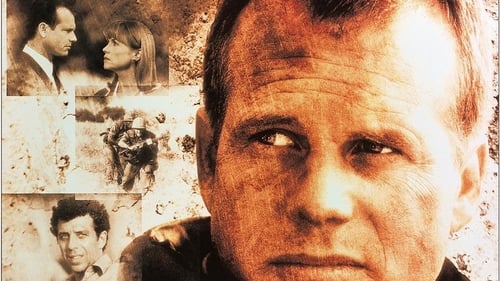
Un teniente coronel del Ejército estadounidense, destinado en Vietnam del Sur durante la guerra, se va desengañando poco a poco de los motivos de este conflicto, a pesar de que cuando empezó creía firmemente en ellos. La decadencia de las tropas americanas y los intereses creados por ambos gobiernos le llevarán a hablar con un periodista. (FILMAFFINITY)

Jette and Johannes have been living together for two years when Johannes suggests that they "legalize" their relationship. Jette loves him, but the proposal of marriage terrifies her.
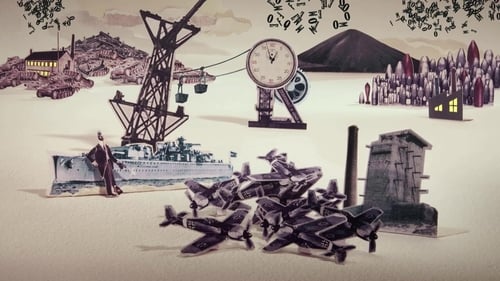
El dinero es el combustible de la guerra. Como no lo tienen, los nazis lo inventan. Será el ministro de Economía y presidente del Reichsbank, Hjalmar Schacht, quien inventara los bonos MEFO.

Beyond Citizen Kane (1993) is a British documentary film directed by Simon Hartog, produced by John Ellis, and broadcast on Channel 4. It details the dominant position of the Rede Globo media group in the Brazilian society, discussing the group's influence, power, and political connections.[2] Globo's president and founder Roberto Marinho came in for particular criticism, being compared with fictional newspaper tycoon Charles Foster Kane, created by Orson Welles for the 1941 film Citizen Kane. According to the documentary, Marinho's media group engages in the same Kane wholesale manipulation of news to influence the public opinion.
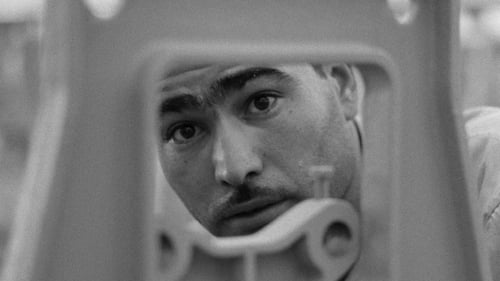
The film is a reportage showing the help of workers from the GDR in the industrial reconstruction of Syria. We witness the friendly relationship between workers from both countries, who are jointly involved in the construction of the cotton spinning mill in Homs. In impressive pictures the exoticism of the environment and the mentality of the Syrian hosts is shown. At the same time it becomes clear that the workers from the GDR become 'ambassadors of the GDR' through their collegial behaviour and good work.
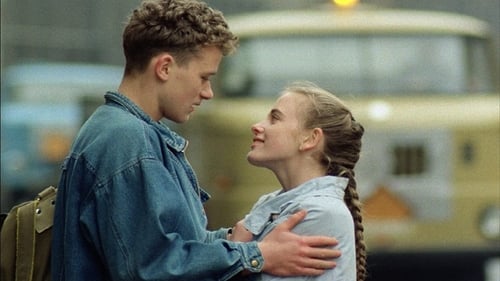
Frank, a tenth grade student, falls in love with his classmate Regine. His father is a well-connected plant manager in the GDR; Regine's mother is a single parent with four children. Regine wants to become a kindergarten teacher, but her grades are poor and she is not allowed to apply for technical college. Frank champions her and seeks an open discussion about these rigid regulations. But his criticism is nipped in the bud.


In 1989, thirteen GDR scientists and technicians set off from East Berlin to the Georg Forster research station in the Antarctic. During their expedition the Berlin Wall fell on November 9th. Cut off from the images that go around the world, the men can only experience the historical events passively. When they returned in the spring of 1991, their homeland was a foreign country. The documentary reconstructs the thoughts and feelings of the East German researchers on the basis of eyewitness accounts, diary excerpts, letters, film material, grandiose landscape shots from the location of the action and unique photos to make the consequences of the events tens of thousands of kilometers away on the small GDR expedition in the middle of the eternal ice tangible.
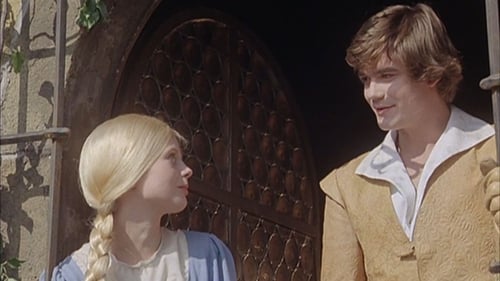
Adaptation of the classic fairytale.
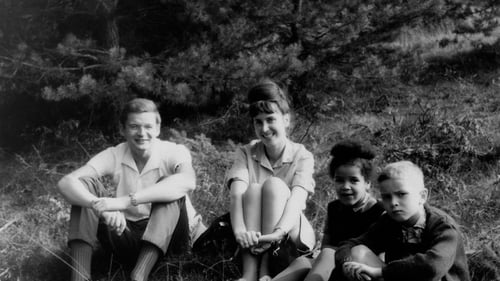
In the 1960s, a white couple living in East Germany tells their dark-skinned child that her skin color is merely a coincidence. As a teenager, she accidentally discovers the truth. Years before, a group of African men came to study in a village nearby. Sigrid, an East German woman, fell in love with Lucien from Togo and became pregnant. But she was already married to Armin. The child is Togolese-East German filmmaker Ines Johnson-Spain. In interviews with Armin and others from her childhood years, she tracks the astonishing strategies of denial her parents, striving for normality, developed following her birth. What sounds like fieldwork about social dislocation becomes an autobiographical essay film and a reflection on themes such as identity, social norms and family ties, viewed from a very personal perspective.













